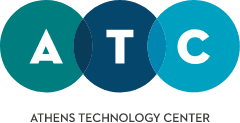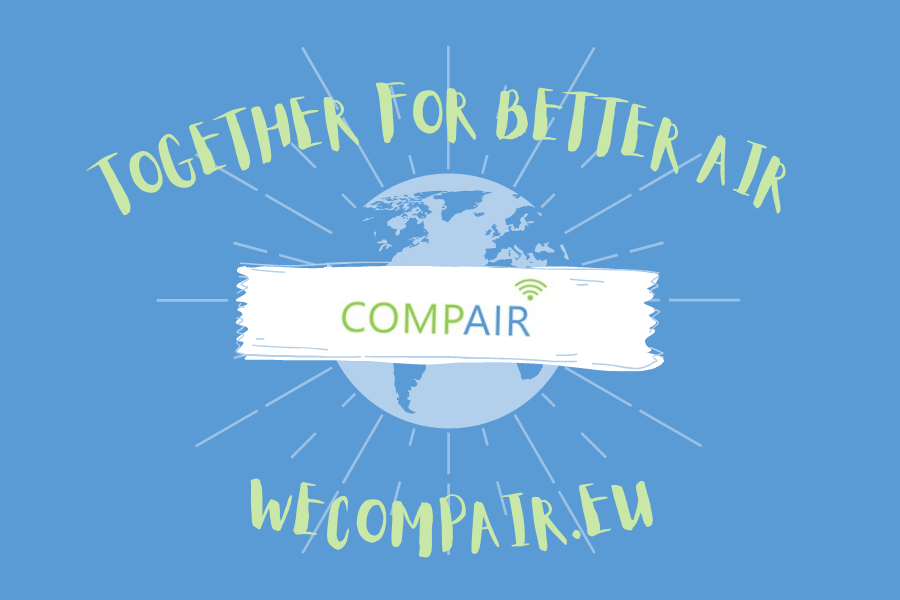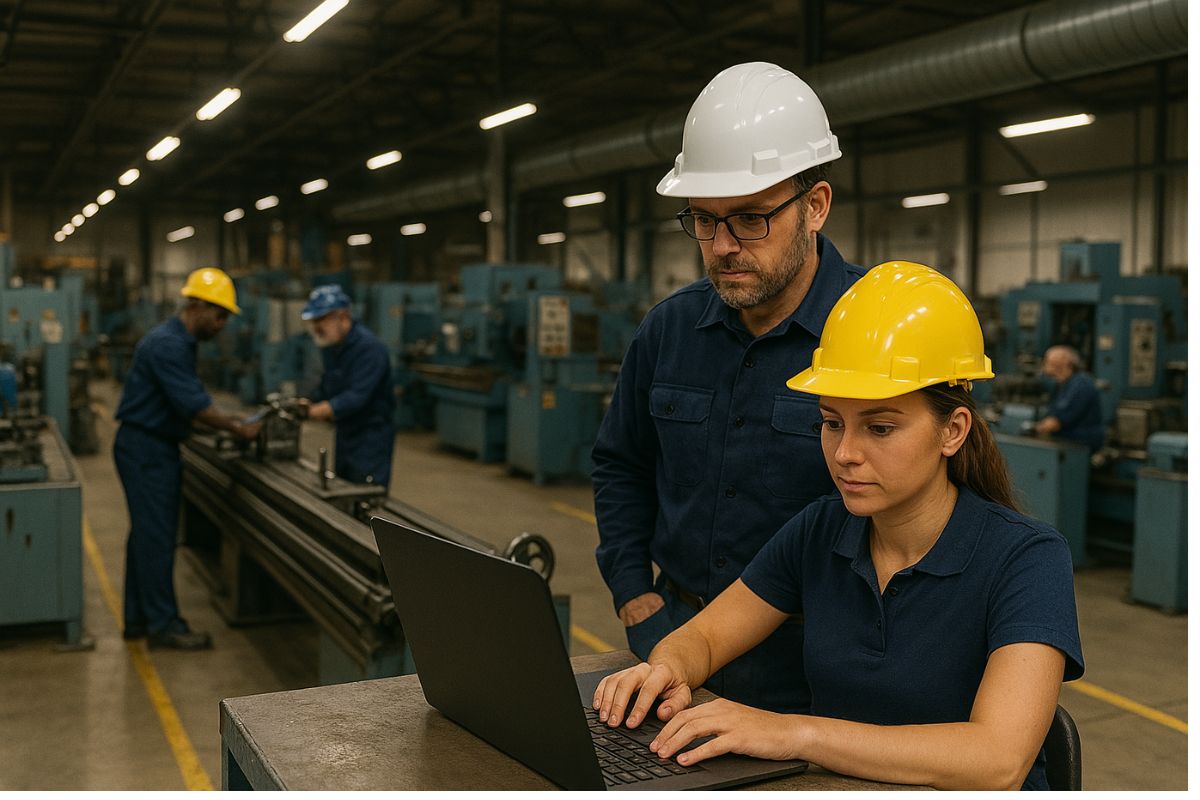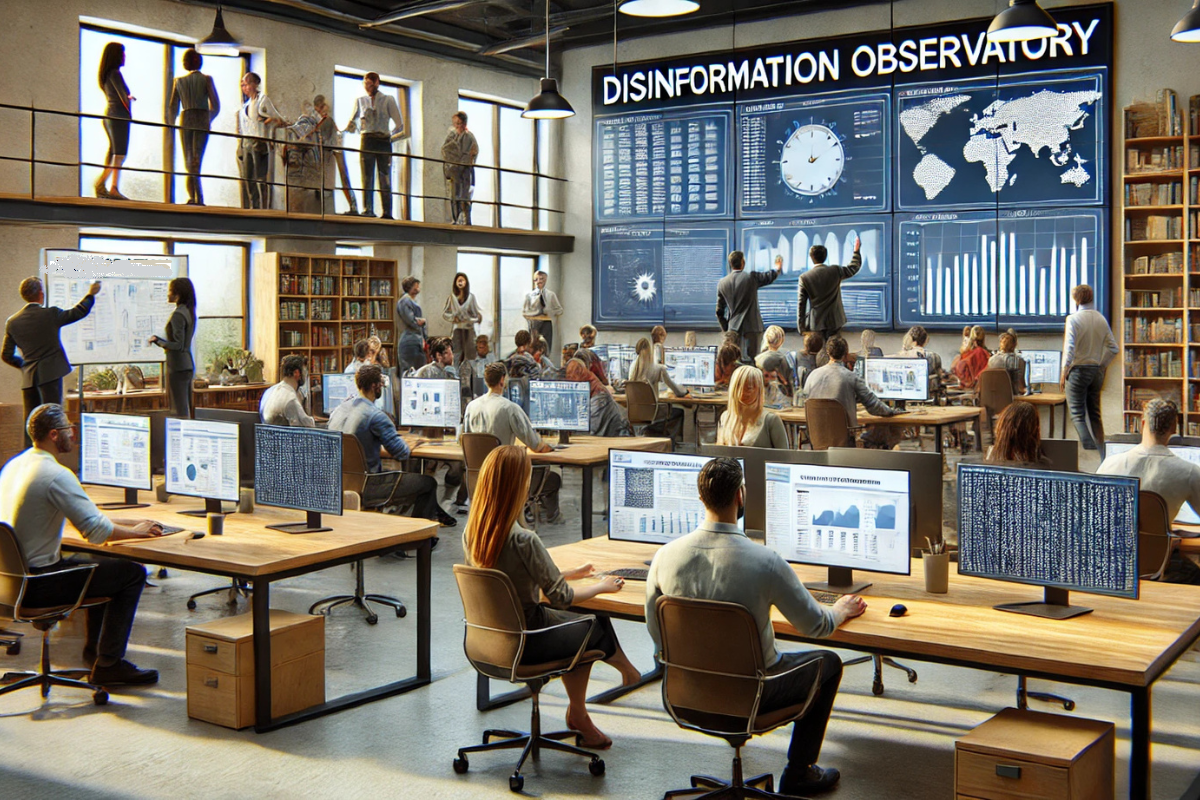Harnessing the potential of new digital technologies enables communities to work together to achieve clean air for all. Newly launched innovation initiative COMPAIR, led by Digitaal Vlaanderen, empowers people to
become citizen scientists helping them explore what they can do personally to improve air quality and influence urban decision making.
Even after the laudable new targets and measures that came out of the recent Glasgow’s Climate Change Conference (COP26), it is certain that civilian action is more than necessary. Everyday people from doctors and nurses to teachers, lawyers, researchers, office workers, small business owners, students and the unemployed will also have to band together and help and lead the fight against climate change. COMPAIR (Community Observation Measurement & Participation in AIR science) aims to do exactly that.
The project will support citizens across Europe, including those with no science background, to use digital sensors to collect local climate data and help them analyze it, to co-create new climate friendly behaviors and policies that address sustainability both at home and across the continent.
“The idea behind citizen science is to harness the power of collaborative volunteer research to explore or collect data sets that could not be collected by professional researchers alone.
“The idea behind citizen science is to harness the power of collaborative volunteer research to explore or collect data sets that could not be collected by professional researchers alone. Together communities can build nuanced data sets at the micro-local level that will help everyone to understand detailed changes in air quality and how community actions affect it”.
Lieven Raes,
COMPAIR Project Coordinator from Digital Vlaanderen
Starting in the cities of Athens, Berlin, Sofia, Plovdiv and the region of Flanders, COMPAIR empowers people to design and run air quality experiments around local issues. Easy to use air sensors, both fixed
and mobile, will help capture high quality data that can be used for research and policy making. New technologies including digital twins and virtual reality apps will make the data visible, understandable and actionable by the citizen on a personal level.
This combination of citizen generated data with new technologies will help ensure people can react in real-time to air quality issues, whilst contributing to more evidence-based and sustainable urban policy.
“Its critical that climate actions and policy are meaningful and connected to people’s lives in their community. They know better than anyone what the problems are in their neighborhoods, so are best placed to help find solutions to local issues. We want to show people that science and technology can be accessible and fun and that everyone has the capacity to improve the quality of their environment. Every action, no matter how small, scales up to make a big difference to our cities, countries and our planet”.
Susie Ruston McAleer, communications lead for COMPAIR
With a Consortium of 15 organizations from 6 different European countries, including the European Citizen Science Association (ECSA), COMPAIR brings together the advanced technical, research and engagement skills needed to improve the quality of citizen science outputs and mainstream it as a
valuable resource for urban decision making.
Download the Press Release






